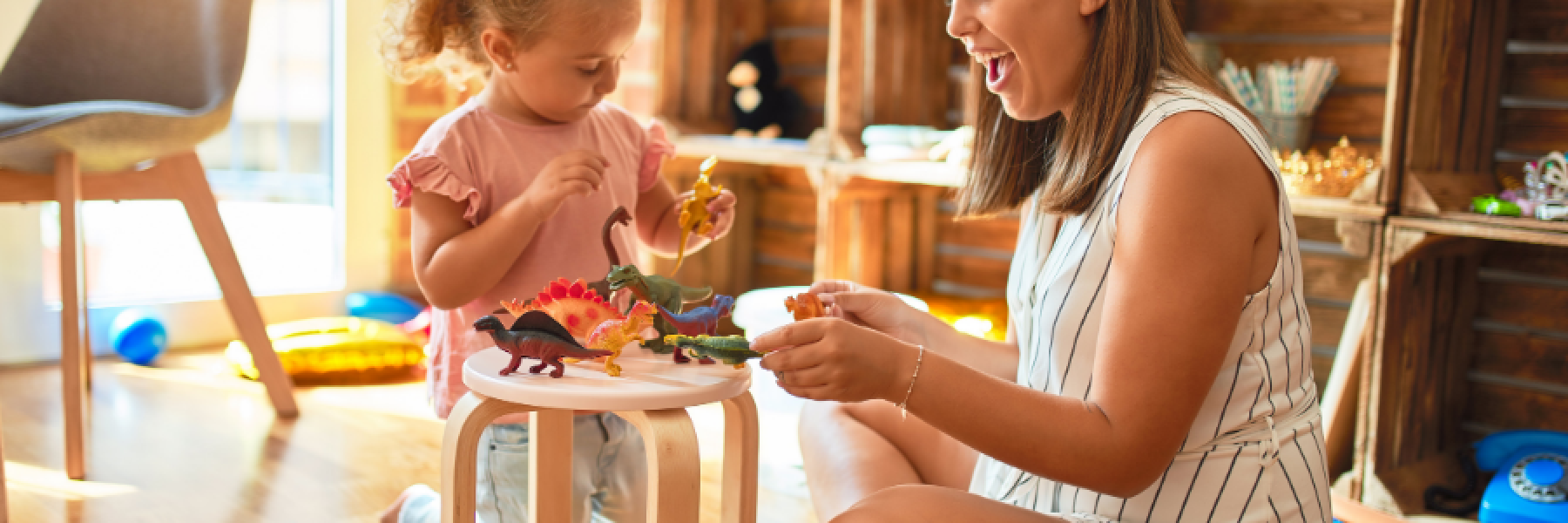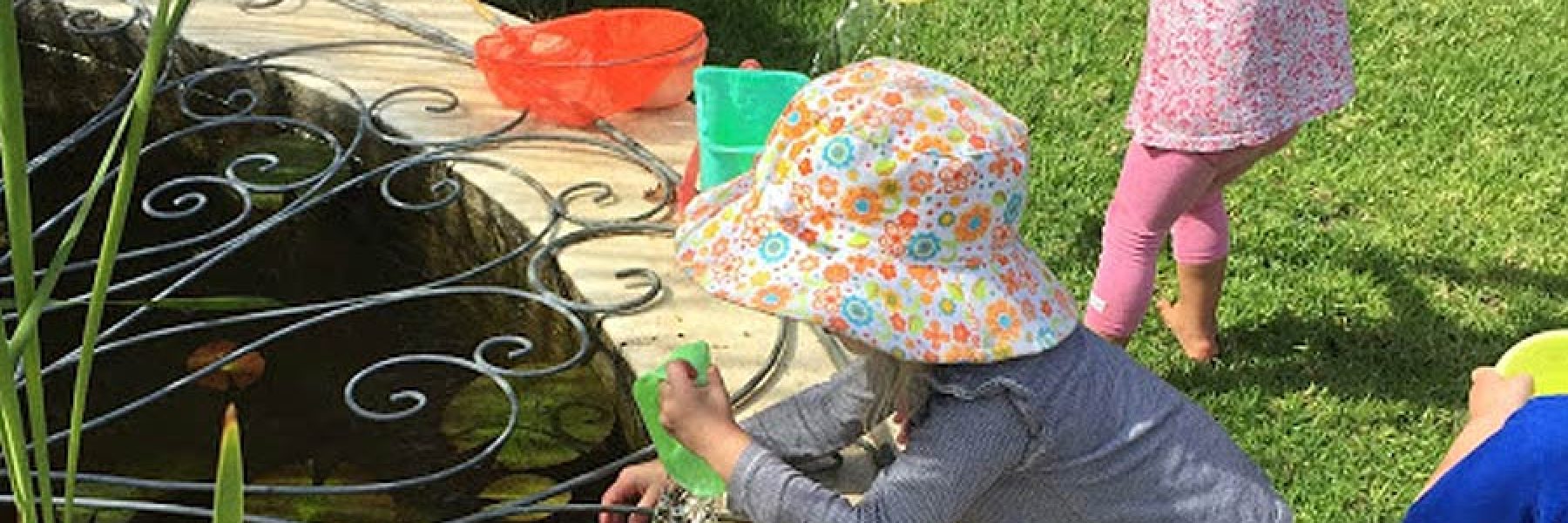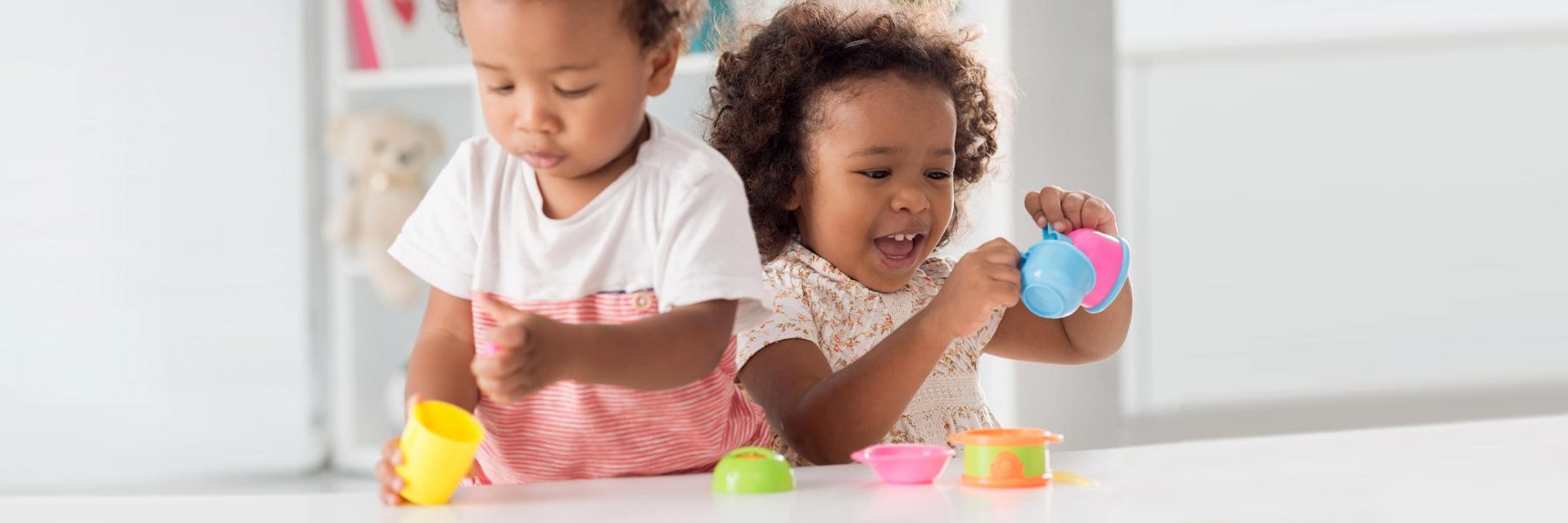CONTRIBUTOR: Jessica Coleman (BAppSocSci)
Child Counsellor & Play Sense Teacher (Constantia)
Observational Learning is exactly what it sounds like; learning through an observation of someone else performing a task… and your toddler is doing it right now!
As your toddler nears their second birthday, they will begin to exhibit tricky behaviours. This is their way of searching for autonomy as they become more aware of levels of control over their surroundings. What most parents underestimate is the rate at which a toddler can pick up behaviours from their loving family around them. In a study of 112 toddlers, the outstanding results were that toddlers were far more likely to learn behaviours through observation of a complete stranger who did not address them, compared to observing someone who was directly addressing the toddler. This study shows the impact that we have on toddlers, especially when we least think they are watching us.
Albert Bandura created the Theory of Observational Learning when he performed the ‘Bobo Doll Experiment’. The experiment consisted of a woman kicking and hitting a blow up doll in a movie, shown to young children. Thereafter, the children were sent off to a playground with replica blow up dolls placed in various positions. As you have guessed, the children reacted in the same manner as the woman; they exhibited aggressive behaviour towards the blow up dolls! The shocking fact is that it goes against what we have learnt about reward based negative behaviours as there was no reward offered to the children throughout the duration of the study.
If we look at the reverse of this case study; during Vet Theme in my class at Play Sense Constantia, we incorporated caring for our ‘sick animals’ during pretend play. We have since further extended this learning activity to our everyday school life where we use our gentle, vet hands to show love and affection to our peers. This is a really great way to use your little one’s rapidly growing imagination as a tool for positive observational learning.
Now, we all need to remember that we are human beings and we cannot possibly be on top of things 100% of the time, however, it is important to remember the effect that we have on our children and consistency between what we say and what we do will help in this manner.
References
Shimpi, P., Akhtar, N., & Moore, C. (2013). Toddlers’ imitative Learning in interactive and observational contexts: the role of age and familiarity of the model. Retrieved April 2018 from https://www.ncbi.nlm.nih.gov/pubmed/23896415
Weiten, W. (2016). Psychology Themes and Variations. 2nd South African Edition. Cenage Learning:UK


